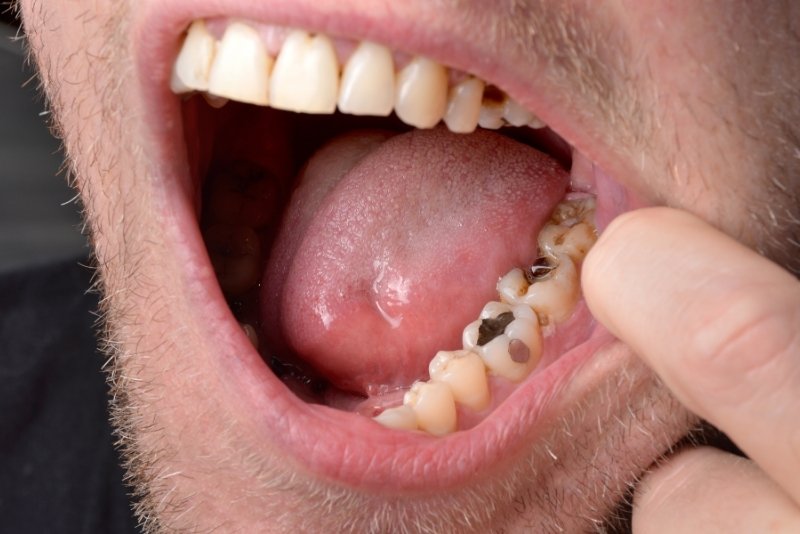For people struggling with the double burden of obesity and type 2 diabetes, bariatric surgery emerges as a potential game-changer. While it’s not a magic bullet cure, a growing body of research suggests weight loss surgery can significantly improve blood sugar control and even lead to complete remission in many cases.
Unveiling the Biological Benefits
The exact mechanisms by which weight loss surgery impacts type 2 diabetes are still being unraveled by researchers. However, several key pathways seem to be involved:
- Enhanced Insulin Sensitivity: In type 2 diabetes, the body develops insulin resistance, a hormone crucial for transferring glucose (sugar) from the bloodstream into cells for energy. Bariatric surgery improves the body’s responsiveness to insulin, allowing it to utilize insulin more effectively and maintain healthy blood sugar levels.
- Reduced Glucagon Production: Glucagon, produced in the pancreas, acts as the body’s natural antagonist to insulin, raising blood sugar levels when needed. Weight loss surgery can result in reduced glucagon production, helping to prevent excessive blood sugar spikes after meals.
- Shifting Gut Hormone Landscape: The gut is a critical ecosystem that plays a significant role in regulating appetite, nutrient absorption, and blood sugar control. Bariatric surgery triggers changes in the production and secretion of various gut hormones. These hormonal shifts can promote feelings of satiety (fullness), leading to reduced calorie intake, and contribute to improved blood sugar management.
It’s important to note that these are just some of the proposed mechanisms, and the full picture is likely more intricate. Ongoing research continues to dig deeper into the complex interplay between weight loss surgery, gut hormones, and metabolic pathways.
Success Rates and Surgical Options
The outlook for weight loss surgery’s impact on type 2 diabetes is encouraging. A significant study showed a remarkable 78% of participants achieved complete remission after bariatric surgery. Another study took a more nuanced approach, analyzing remission rates based on the specific type of weight loss surgery performed. Here’s a breakdown of the most common procedures and their associated success rates:
- Biliopancreatic diversion with duodenal switch (BPD-DS): This surgery boasts the highest remission rate at a staggering 95%. It involves bypassing a major portion of the small intestine, leading to reduced nutrient absorption and significant hormonal changes. However, BPD-DS is also the most invasive procedure and carries a higher risk of difficulties compared to other options.
- Roux-en-Y gastric bypass (RYGB): This approach involves forming a small stomach pouch to rerouting the digestive tract, leading to decreased food intake and altered gut hormone secretion. Remission rates for RYGB are promising at 80%. It’s a well-established procedure with a good safety profile.
- Sleeve gastrectomy: This surgery involves surgically removing a small portion of the stomach, creating a sleeve-shaped pouch, and restricting food intake. Similar to RYGB, sleeve gastrectomy also shows an 80% remission rate. It’s a less complex procedure compared to RYGB but may not be as effective for individuals with severe obesity.
- Laparoscopic adjustable gastric banding (LAGB): This adjustable band around the upper stomach restricts food intake but doesn’t involve bypassing any digestive organs. Studies suggest LAGB has lower remission rates, hovering around 57%. It’s a reversible procedure but may require adjustments over time and might not be as effective for long-term weight loss and diabetes control compared to other options.
It’s crucial to remember that these are just averages, and individual results may vary. Several factors can influence success, including the type of surgery, the severity of diabetes before surgery, a patient’s age, overall health, and their commitment to lifestyle changes post-surgery. Consulting a qualified bariatric surgeon and a healthcare team specializing in diabetes management is essential to discuss which surgery might be most suitable for you, considering your unique circumstances.
Who is the appropriate Candidate for Weight Loss Surgery?
A strong support system and willingness to commit to the significant lifestyle changes required post-surgery: Weight loss surgery is a powerful tool, but it’s not a one-time fix. Long-term success hinges on a patient’s commitment to a healthy lifestyle. This includes:
- Dietary modifications: A registered dietician can help develop a personalized post-surgical eating plan that promotes nutrient absorption, minimizes calorie intake, and supports healthy blood sugar control.
- Exercise programs: Regular physical activity plays a vital role in maintaining weight loss and improving overall health. A healthcare professional can help plan an exercise program tailored to your individual needs and fitness level.
- Psychological support: Weight loss surgery can be a significant emotional journey. Having a strong support system of family, friends, or a therapist can be invaluable in navigating the emotional challenges and staying motivated on your health journey.
In conclusion, weight loss surgery offers a favourable solution for many struggling with both obesity and type 2 diabetes. While the specific mechanisms are still being explored, research shows significant improvements in blood sugar control and even remission in a majority of cases. Consulting a bariatric surgery expert and your healthcare team can help determine if you’re a good candidate for this surgery and guide you toward a healthier future. sprunki horror Endless Fun Awaits!



